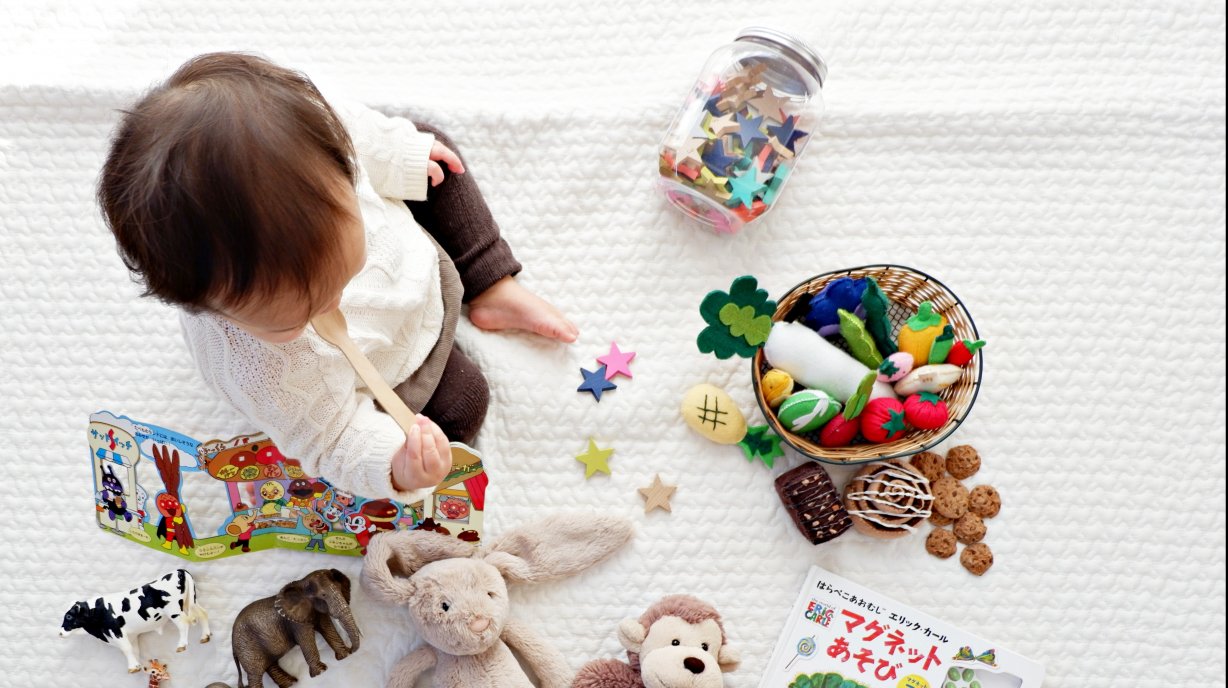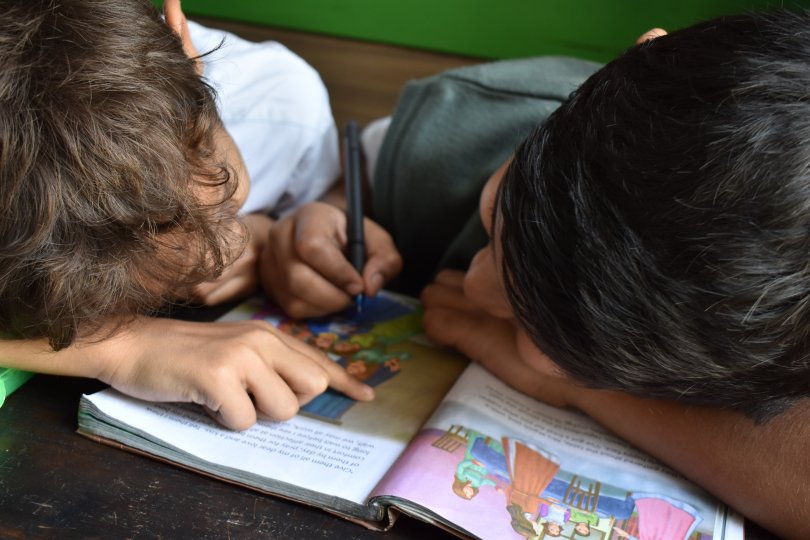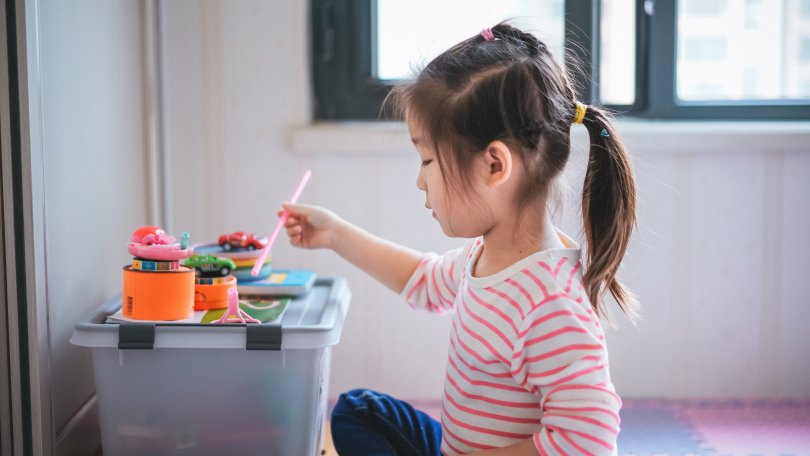
Social justice

Photo by shirota-yuri on unsplash
Qualifications are not everything in the job market. Knowing how to be patient, work in a team, and manage your emotions are all highly valued skills. These so-called non-cognitive or social-emotional skills are developed during a key period in our life: childhood. Economists Simon Briole, Hélène Le Forner, and Anthony Lepinteur reveal in a recent study how sibling size influences the development of social-emotional skills and has the dependent variable of gender.
How do you identify the ideal candidate during a recruitment process? Hiring is very long and costly, so employers seek to find the very best candidate there is every single time. But how can you come across that rare gem? The first criteria used when hiring are diplomas and professional experience. However, candidates’ human qualities and personality are increasingly gaining importance in the recruitment process. Someone who is outgoing, friendly, and most likely to fit in with the team might stand out from more qualified contenders.
To use the terminology employed in the world of HR, the situation described above illustrates the importance of both hard skills (cognitive skills) and soft skills (non-cognitive skills). In short, these are a candidate’s practical knowledge and interpersonal skills 1 . Practical knowledge is acquired through experience, whereas interpersonal skills focus on social-emotional skills (empathy, emotional management, ability to work in a team, etc.)
These life skills are known to have an influence on various areas of an individual’s life such as schooling, the job market, health, and well-being 2 . Researchers, like the job market, are increasingly interested in interpersonal skills and their causes.
This has led economists Simon Briole, Hélène Le Forner, and Anthony Lepinteur to inquire whether family size (and through it, the distribution of parental resources) is a determining factor in the development of social-emotional skills.
During the second half of the 20th century, the rise in living standards in European countries was accompanied by a decline in the number of children per family. In these countries (with France being one of them), the birth rate has been falling for several decades. One explanation for this phenomenon comes from the economist Gary Stanley Becker, known for his economic analysis of the non-market sphere such as the family, crime, and discrimination 3 . According to Becker, parents have less children to optimize their investments (which, in this case, would be the human capital / well-being of their children). For this economist and his followers, human behavior is all about maximizing profits. A family is nothing more than a “small business” that consumes and produces goods 4 .
Parents invest in their children through their time, money, and emotions. One of the best possible returns on this commitment of parental resources is an offspring with a high chance of social success. An additional child is another mouth to feed (both literally and figuratively) when available resources are shared. The larger the family size, the smaller the shares! This can reduce the children’s opportunities for success and consequently reduce the return on the parents’ investment. Having fewer children means more educated, healthier, and happier children. (On the flip side, having many children leads to less educated and less happy children). This is what Gary Becker has called the quality-quantity trade-off.
This relationship between quality and quantity is widely recognized in the development of cognitive skills 5 . But is it the same for social-emotional skill development?
Studies show that the more time a mother spends with her child, the better the child’s social-emotional skills will be 6 . The child will consequently have greater chances of success in adulthood, especially if they have a high level of education.

Photo by Andrew Ebrahim on unsplash
In order to determine whether this trade-off actually exists and to examine the effects of sparser parental resources following family growth, Simon Briole, Hélène Le Forner, and Anthony Lepinteur used data from a group of children: the Millennium Cohort Study 7 . This population, born between 2000 and 2001 in the United Kingdom, forms a cohort that is evaluated on many subjects (mental and physical health, education, distribution of tasks within the household, etc.) at different points in their lives (nine months, then three, five, seven, eleven, fourteen, seventeen years, etc.). For their study, the economists looked at families with three children.
A cohort is a group of individuals followed over time with common characteristics. For example, children born in the same year, graduates of the same class, and residents of a village form different cohorts. These groups, which represent a population at a particular time, are a mine of information and are used by researchers in many fields like genetics, sociology, epidemiology, and economics.
These researchers focused on how the first two children in a family behave after the third child arrives in the sibling group. Examining in depth these children's hyperactivity, sociability, and emotional management, the economists noticed a persistent negative impact of family growth on their social-emotional skill development.
The researchers then went further to study these effects according to the age and sex of the first-born child. They found that the greater the age gap between the third child and their older siblings, the less pronounced the effect. This supports the hypothesis that a critical period (a specific period of time in a child’s life in which their environment—in particular, their family—has a more significant impact on the individual) does indeed exist.
Surprisingly, the effect observed differs according to the children’s gender. Regardless of the gender of the last-born child, the main victims of the negative consequences measured are girls. The impact on boys is small or non-existent.

Photo by Jerry Wang on Unsplash
The researchers have come up with two non-exclusive hypotheses to explain the difference in these results when the gender of the child changes. The first is boys benefit from what is known as a compensation phenomenon. This means that, after the third child is born, parents give more of their time to their sons. This additional attention (which is absent for girls), would therefore compensate for the negative effects that arise.
The second hypothesis, which ties into the first, is that after the third child is born, there is a new division of labor (like more household chores) that negatively effects girls. This greater involvement in household chores, which can be explained by allocating specific roles according to a child's gender, could result in a decrease in the time devoted to other activities such as playtime or education, which are more favorable to the development of social-emotional skills.
This negative correlation between the development of social-emotional skills and family size is consistent with studies that demonstrate the children of larger families have a lower chance of success in their adult life.
The more pronounced effect for girls, which is partly the result of parental behavior, may lead to fewer opportunities in the world of education and, by extension, in the labor market, therefore explaining the inequalities between men and women.